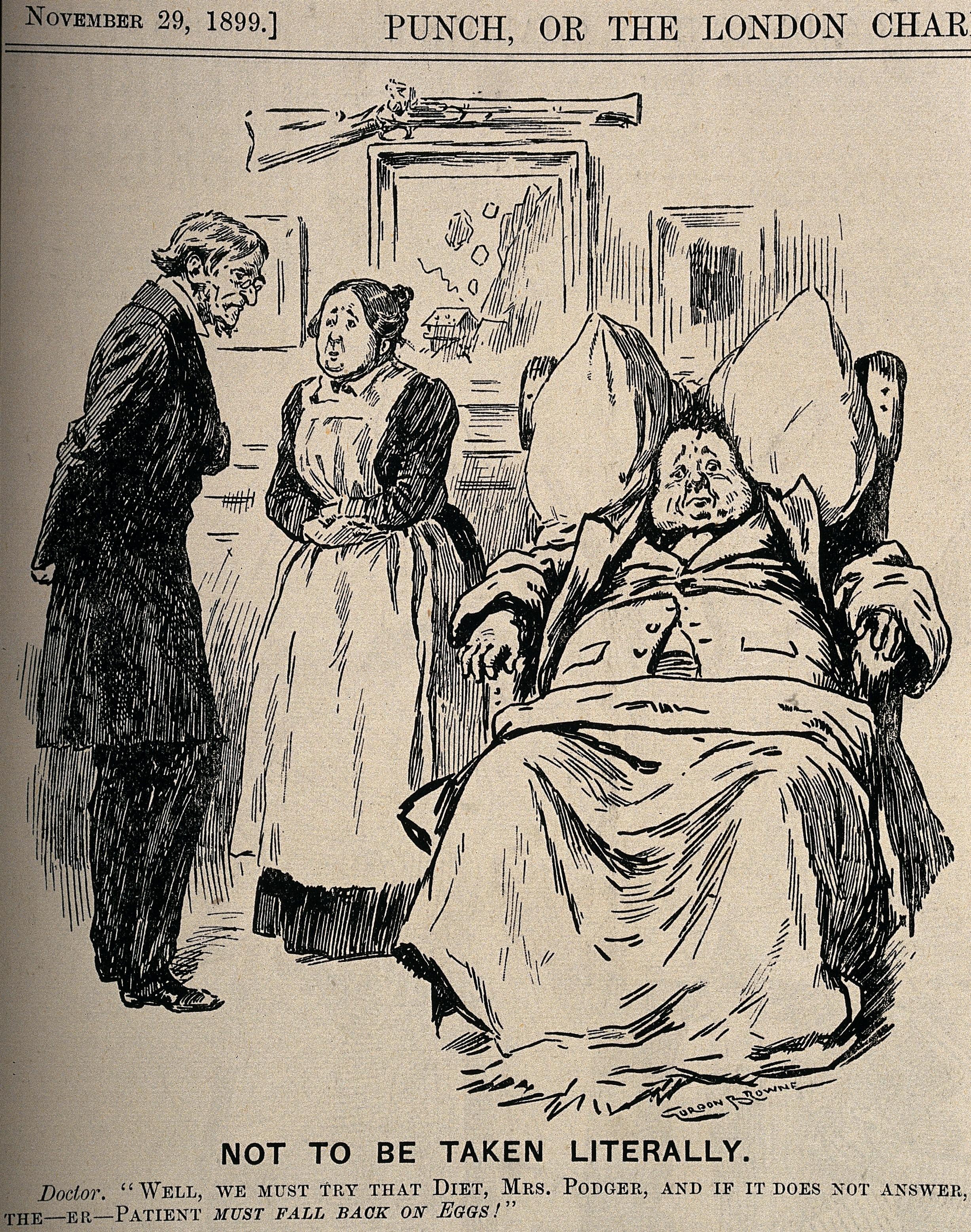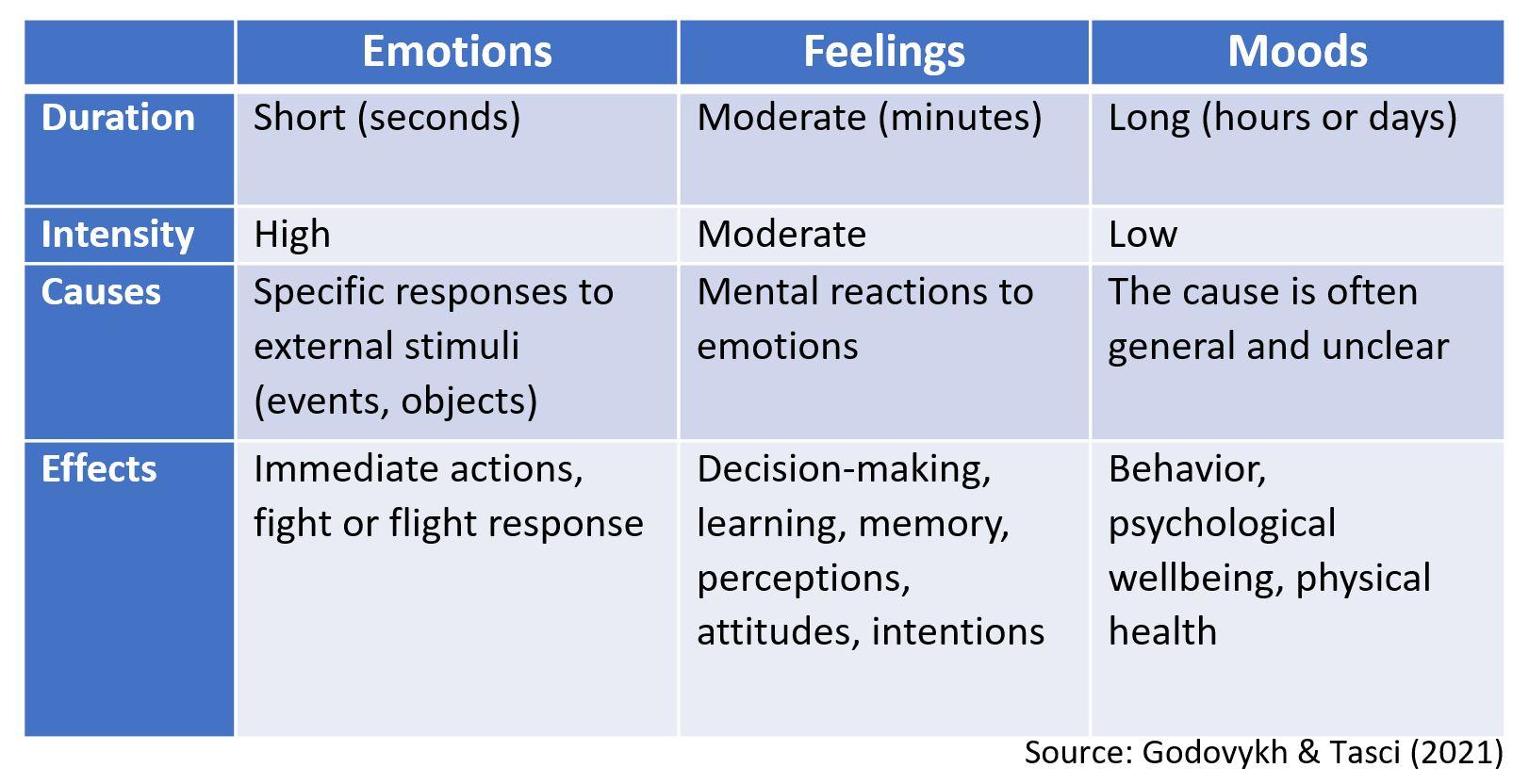In the realm of estate planning, the terms “trust” and “estate” are frequently used interchangeably. However, they serve distinct roles in financial planning and asset distribution. Grasping the differences between a trust and an estate is vital for individuals aiming to safeguard their assets and provide for their loved ones. Let’s explore the intricacies of trust and estate planning to highlight their unique functions in securing financial legacies.
Understanding the Distinction
When planning for the future and the transfer of your assets, it’s essential to comprehend the fundamental differences between a trust and an estate. Although both are tools for asset management and distribution, they function in different ways.
Key distinctions include:
- Control: A trust allows you to specify how your assets are managed and distributed during your lifetime and after your death, offering more control compared to an estate plan.
- Privacy: Trusts provide a level of privacy as they bypass the probate process, keeping your assets and beneficiaries confidential.
- Flexibility: Trusts are more adaptable than estate plans, allowing for specific instructions and conditions for asset distribution.
| Trust | Estate |
|---|---|
| Greater control | Less control |
| Maintains privacy | Public record in probate |
| Flexible distribution | Follows state laws for distribution |
Choosing Between Trust and Estate
When deciding between a trust and an estate, it’s important to understand their key differences. A trust is a legal entity that holds assets for the benefit of a beneficiary, while an estate encompasses the total property and assets of a person upon their death. Consider these points when determining the best option for you:
- Control: With a trust, you can dictate how and when your assets are distributed, giving you more control over your wealth even after your passing. In contrast, an estate is subject to probate court, where a judge will determine asset distribution.
- Privacy: Trusts offer greater privacy as they do not go through probate court, whereas estates become public record. If you value confidentiality, a trust may be the better option.
- Flexibility: Trusts can be more flexible in terms of asset management and distribution, allowing you to customize the terms to suit your specific needs. Estates may be more rigid in their distribution process.
Advantages and Disadvantages of Trusts
When comparing a trust and an estate, it’s crucial to understand the unique benefits and drawbacks each offers. Trusts are a powerful estate planning tool that can provide numerous advantages, but they also come with their own set of challenges.
Advantages of Trusts:
- Avoiding probate: Assets held in a trust do not go through the probate process, saving time and money for beneficiaries.
- Privacy: Trusts are not part of public record, providing a level of privacy that estates do not offer.
- Control: With a trust, you can dictate how and when your assets are distributed to beneficiaries, providing more control over your legacy.
Disadvantages of Trusts:
- Cost: Setting up a trust can be more expensive than creating a will or estate plan.
- Complexity: Trusts can be more complicated to create and maintain than a simple estate plan.
| Trusts | Estate |
|---|---|
| Avoids probate | May go through probate |
| Greater privacy | Public record |
Professional Advice for Estate Planning
Understanding the difference between a trust and an estate is crucial for making informed decisions about your assets and legacy. Both options offer ways to distribute your estate to loved ones after you pass away, but they have distinct differences that can impact how your assets are managed and distributed.
Trust:
- A trust is a legal entity that holds assets on behalf of beneficiaries.
- Assets placed in a trust are managed by a trustee, who follows the instructions outlined in the trust document.
- Trusts can help avoid probate, provide privacy, and offer greater control over how assets are distributed.
Estate:
- An estate consists of all assets owned by an individual at the time of their death.
- Assets in an estate are typically distributed according to a will or state laws if there is no will in place.
- Probate is often required to transfer assets from an estate to beneficiaries, which can be a lengthy and costly process.
Final Thoughts
Understanding the difference between a trust and an estate is essential in ensuring that your assets are protected and distributed according to your wishes. While both serve as tools for managing and passing on wealth, they each have unique characteristics and purposes. By consulting with a legal professional, you can create a plan that aligns with your individual needs and goals. Ultimately, whether you choose to establish a trust or rely on your estate plan, taking proactive steps now can provide peace of mind for your loved ones in the future.

Trusts vs. Estates: Unraveling the Key Differences You Need to Know
What is a Trust?
A trust is a fiduciary arrangement that allows a third party, or trustee, to hold assets on behalf of beneficiaries. Trusts are flexible, allowing specific conditions to be set for when and how assets are distributed.
Types of Trusts
- Revocable Trust: Can be altered or terminated by the grantor during their lifetime.
- Irrevocable Trust: Once established, it cannot be changed or terminated without the permission of the beneficiary.
What is an Estate?
An estate encompasses all the money, property, and other assets that a person owns at the time of their death. The process of distributing these assets is called estate administration or probate.
Estate Administration Process
- Inventory: Cataloging the deceased’s assets.
- Valuation: Appraising the value of the assets.
- Distribution: Allocating the assets to the rightful heirs.
Key Differences Between Trusts and Estates
| Aspect | Trusts | Estates |
|---|---|---|
| Ownership | Managed by trustee for beneficiaries | Owned by the deceased, managed by executor |
| Legal Process | Not subject to probate | Subject to probate |
| Privacy | Generally private | Public record |
| Time | Can continue indefinitely | Concludes after asset distribution |
| Flexibility | High, especially with revocable trusts | Limited, dictated by will and probate rules |
Benefits of Trusts
- Avoid Probate: Trusts allow beneficiaries to bypass the lengthy and costly probate process.
- Privacy: Trust details remain confidential, unlike the public nature of probate proceedings.
- Control: Trusts offer granular control over asset distribution, including setting conditions for disbursement.
Benefits of Estates
- Simplicity: Estates are straightforward, guided by wills and overseen by executors.
- Legal Protection: Estate distribution follows a clear legal structure, reducing the risk of disputes.
- Debt Settlement: The probate process ensures that debts are settled before assets are distributed to heirs.
Practical Tips for Choosing Between Trusts and Estates
- Consult an Expert: Speak with an estate planning attorney to understand your options.
- Asset Size: Larger estates may benefit more from trusts to avoid probate.
- Family Dynamics: Consider potential conflicts and whether a trust’s privacy features could be beneficial.
Case Study: John and Marcia
John and Marcia were a married couple with significant assets. John decided to establish an irrevocable trust, ensuring their children received their inheritance without public scrutiny. Marcia chose to depend on her will and the estate process. Upon their passing, John’s children received their inheritance quickly and privately, while Marcia’s heirs underwent a year-long probate process, which aired family disputes publicly.
First-Hand Experience: Sarah’s Choice
Sarah inherited a sizable estate from her parents. She opted for a revocable trust for her assets, citing the convenience and flexibility it allowed. Sarah’s decision ensured her beneficiaries received their inheritance efficiently, with specific conditions she set, such as funding her grandchildren’s education. Her experience showed the advantages of having control over asset distribution, even after one’s passing.
Conclusion
Understanding the differences between trusts and estates is essential for effective estate planning. Trusts offer flexibility, privacy, and control, while estates provide a straightforward and legally protected way to distribute assets. By consulting with professionals and considering factors such as asset size and family dynamics, you can make informed decisions that best suit your needs.


